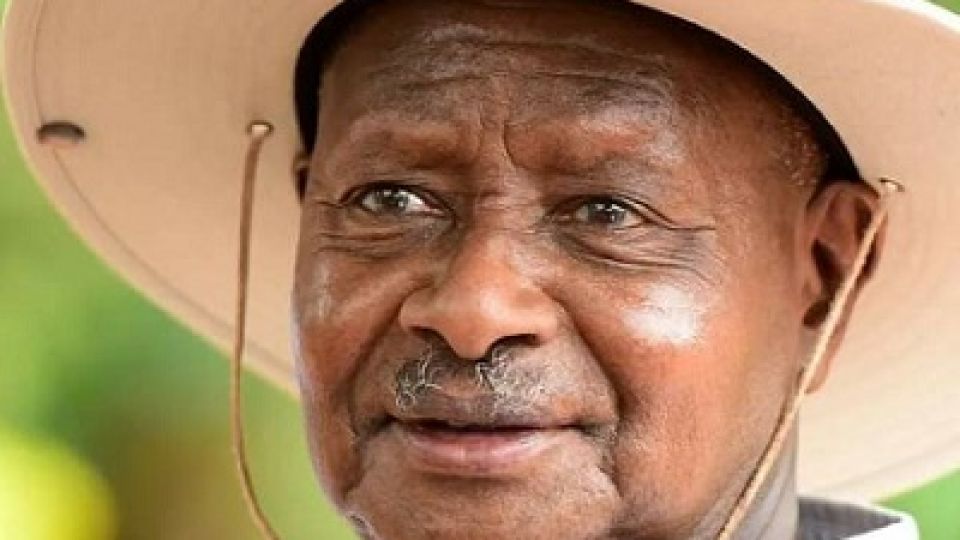from HASSAN ONYANGO in Kampala, Uganda
Uganda Bureau
KAMPALA, (CAJ News) – THE decision to close the United Nations’ (UN’s) human rights office is seen as the latest government action to stifle respect for human rights in Uganda.
The East African country’s Foreign Affairs ministry recently informed the UN Office of the High Commissioner for Human Rights (OHCHR) local office that it would not renew its agreement to host the UN entity beyond its current three-year term, elapsing at the end of this month.
In its letter, ministry said it made the decision because of the government’s own “commitment to the protection and promotion of human rights,” and the existence of “strong National Human Rights Institutions and a vibrant civil society.”
The ministry said it would continue its “cooperation with the OHCHR headquarters either directly or through its permanent mission in Geneva.
The move to close the office in Kampala has elicited opposition from human rights groups.
“Instead of removing another critical voice from the human rights ecosystem, Ugandan authorities should create an enabling environment for rights advocates to work,” said Oryem Nyeko, Uganda researcher at Human Rights Watch (HRW).
Many activists view the UN human rights office as playing a critical role in Uganda, supporting both civil society groups and the government to promote human rights.
“The government’s decision goes a long way to undermine the sector itself given that civil society is at its weakest point,” said Livingstone Sewanyana, the executive director of the Foundation for Human Rights Initiative.
He said the argument that Uganda has a robust civil society and strong national institutions is untrue.
For example, in 2021, President Yoweri Museveni suspended the Democratic Governance Facility, a European Union fund for nongovernmental organisations, arguing the government lacked oversight over the fund.
That year, authorities announced without prior notification that they had halted the activities of 54 civil society groups including human rights and election-monitoring organisations.
In 2022, the government banned from operation Sexual Minorities Uganda.
Ugandan, where Museveni has been in power since 1986, has had a long history of abuse and repression, especially of critics of the government and the political opposition.
These abuses escalated in the period before and continued after the 2021 general elections.
Uganda’s Non-Governmental Organisations Act of 2016 heavily restricts the activism space for independent groups by giving broad powers to the government to suspend, blacklist, or revoke the licenses of organisations.
The law also provides for excessive punitive measures, including imprisonment of up to three years.
Authorities have used this and other laws to severely restrict civil society organisations, media and online communication.
Robert Kirenga, executive director of the National Coalition for Human Rights Defenders, said that the UN human rights office’s work in Uganda filled some of these gaps.
“There were things OHCHR could do that we NGOs couldn’t,” he said.
OHCHR was seemingly exempt from harassment.
Activists have called on concerned UN member countries to press the Ugandan government to reverse its decision and ensure that nongovernmental organisations have a safe environment to work in.
– CAJ News

